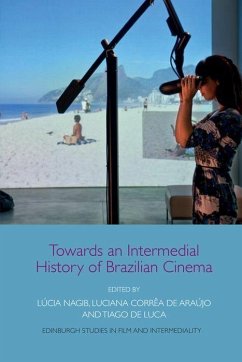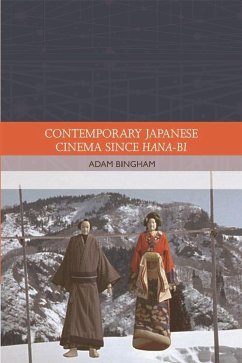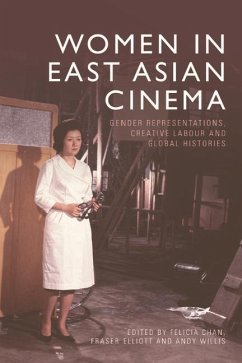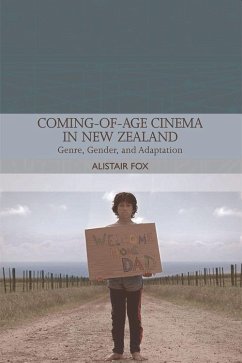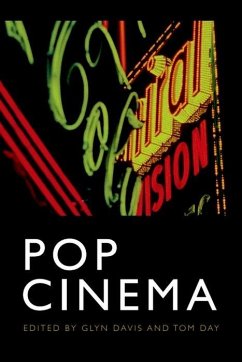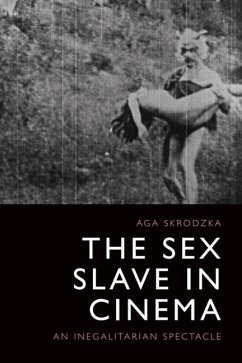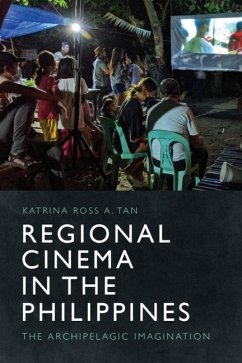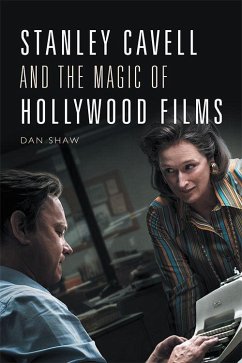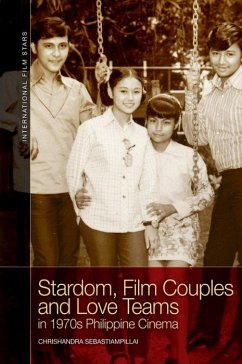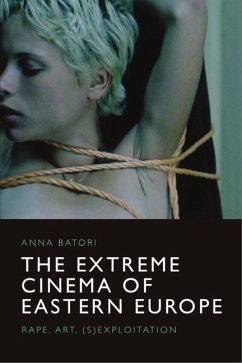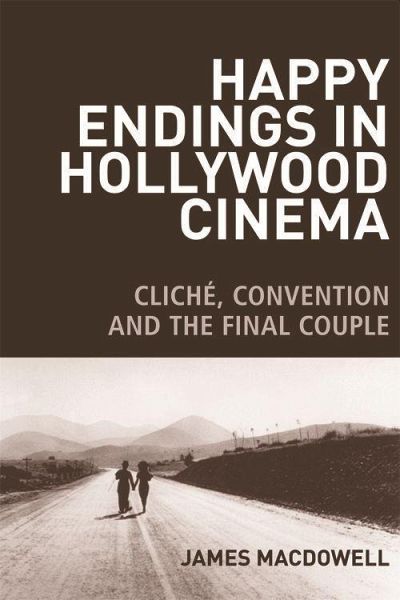
Happy Endings in Hollywood Cinema
Cliché, Convention and the Final Couple
Versandkostenfrei!
Versandfertig in über 4 Wochen
122,99 €
inkl. MwSt.
Weitere Ausgaben:

PAYBACK Punkte
61 °P sammeln!
'MacDowell quietly but brilliantly questions widespread misconceptions about Hollywood endings, and convincingly argues for their variety and complexity as well as their emotional and intellectual appeal. The book's combination of exceptionally smart in-depth textual analysis and theoretical speculation makes it compulsory reading for scholars and students for whom the films themselves are still the main focus of our discipline. A wonderful book. ' Celestino Deleyto, University of Zaragoza, Spain The Hollywood 'happy ending' has long been considered among the most famous and standardised featu...
'MacDowell quietly but brilliantly questions widespread misconceptions about Hollywood endings, and convincingly argues for their variety and complexity as well as their emotional and intellectual appeal. The book's combination of exceptionally smart in-depth textual analysis and theoretical speculation makes it compulsory reading for scholars and students for whom the films themselves are still the main focus of our discipline. A wonderful book. ' Celestino Deleyto, University of Zaragoza, Spain The Hollywood 'happy ending' has long been considered among the most famous and standardised features in the whole of narrative filmmaking. Yet, while ceaselessly invoked, this notorious device has received barely any detailed attention from the field of film studies. This book is thus the first in-depth examination of one of the most overused and under-analysed concepts in discussions of popular cinema. What exactly is the 'happy ending'? Is it simply a cliché, as commonly supposed? Why has it earned such an unenviable reputation? What does it, or can it, mean? Concentrating especially on conclusions featuring an ultimate romantic union - the final couple - this wide-ranging investigation probes traditional associations between the 'happy ending' and homogeneity, closure, 'unrealism', and ideological conservatism, testing widespread assumptions against the evidence offered by a range of classical and contemporary films. Breaking new critical ground, this book encourages students and scholars of film to reconsider some tenacious critical preconceptions, inviting them to approach afresh their understandings of perhaps the most infamous narrative convention in Hollywood cinema. James MacDowell is an Associate Fellow in the Department of Film & Television Studies at the University of Warwick, and an editorial board member of Movie: A Journal of Film Criticism. Cover image: Modern Times, 1936, Charlie Chaplin (c) Chaplin/United Artists/The Kobal Collection. Cover design: [EUP logo] www.euppublishing.com




